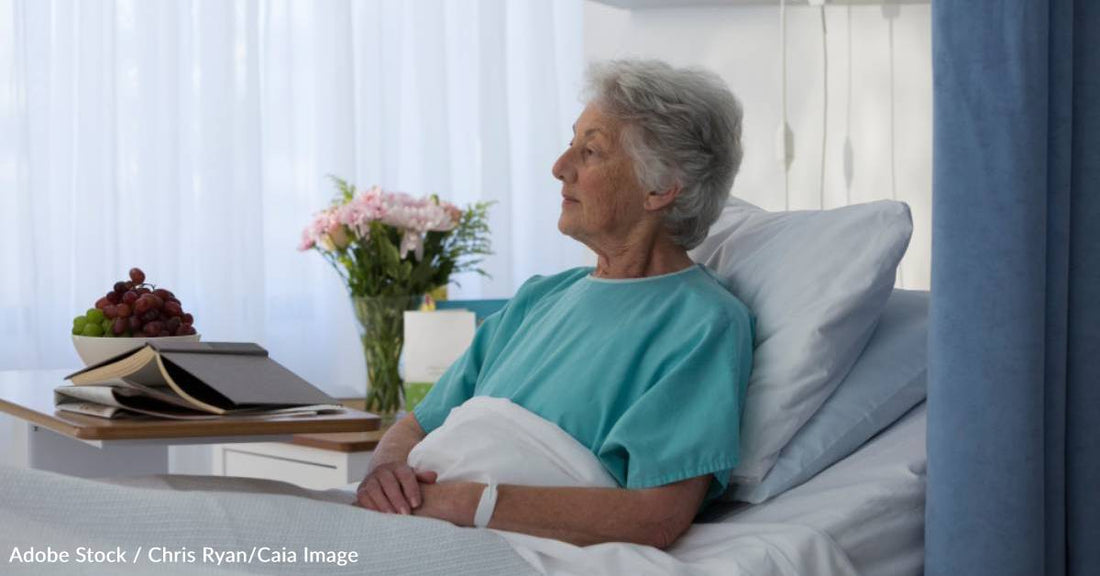More Women Aged 65 and Older Are Dying of Cervical Cancer, Study Finds
Michelle Milliken
Cervical cancer screenings, which can be essential in preventing the disease or catching it early, are only recommended for women up to the age of 65. However, a new study finds that older women are facing higher death rates from this disease.
Research recently published in the journal Cancer Epidemiology, Biomarkers & Prevention focused on cervical cancer diagnoses in California between 2009 and 2018. The research team, from UC Davis Comprehensive Cancer Center, found that nearly one in five new cases in that time frame were in women 65 and older, and a larger share of them presented with advanced disease compared with younger women. The findings indicate that screening guidelines may need to be reevaluated.
Julianne Cooley, lead author and UC Davis senior statistician, explains, "Our findings highlight the need to better understand how current screening guidelines might be failing women 65 and over. We need to focus on determining the past screening history of older women as well as lapses in follow-up care. We must utilize non-invasive testing approaches for women nearing age 65 or those who need to catch up on their cervical cancer screenings."
The team drew data from the California Cancer Registry, which has been collecting information on cancer diagnoses and patient demographics and treatment since 1988. Using this, the researchers focused on women aged 21 and older who were diagnosed with a first primary cervical cancer over the 10 most recent years of available data, 2009 to 2018.
The findings showed that in addition to nearly 20% of these cancers being found in women aged 65 and older, 71% of women in this age group were late-stage at diagnosis, compared with 48% of younger women. Additionally, the number of late stage diagnoses increased by each year up to the age of 79. Those with comorbidities were more apt to be diagnosed with advanced disease, as well. Among those diagnosed at an advanced stage, older women also had a lower five-year survival rate, between 23.2% and 36.8%, compared with 41.5%-51.5% in those under 65.
The researchers say a possible reason behind this trend is an under utilization of screening, particularly leading up to age 65. Women who have had hysterectomies that keep their cervix intact may not realize they still need to screen, and older women may never have received HPV testing, which wasn't widely available when they were younger. Additionally, pap tests may not be as accurate for post-menopausal women in detecting adenocarcinoma, a cancer that forms in the glandular tissue.
The American Cancer Society currently recommends that women between the ages of 25 and 65 get either a primary HPV test every five years, an HPV and pap smear co-test every five years, or a pap smear every three years. For women over the age of 65, screening is not recommended if past tests were normal.




